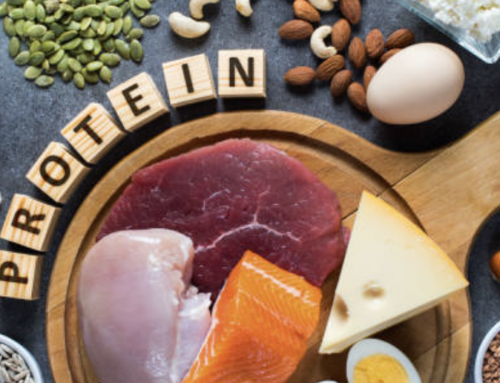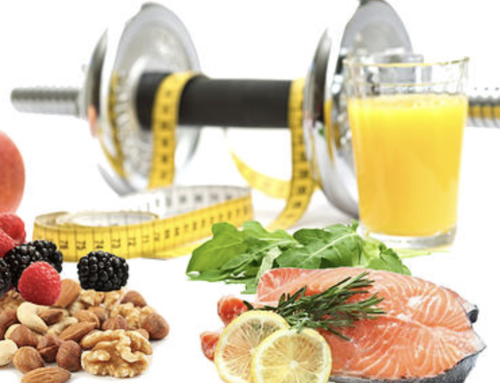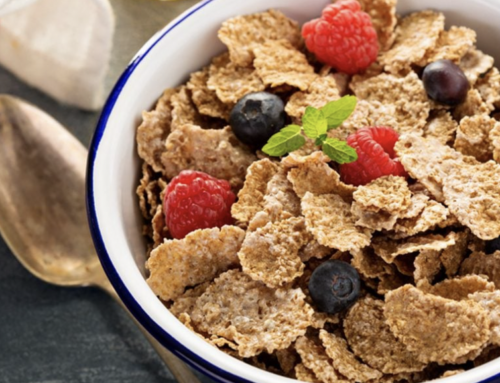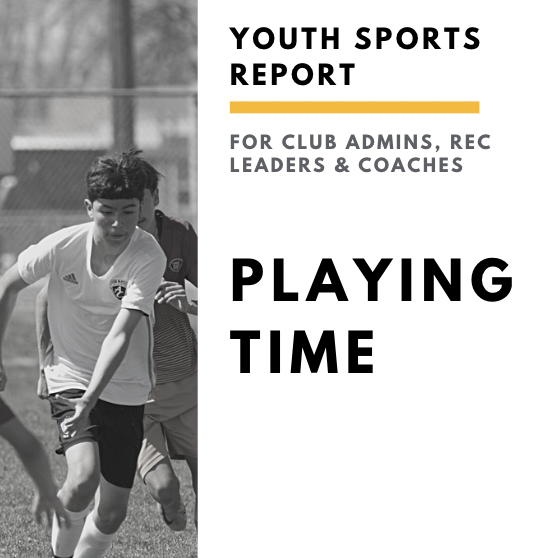Get our exclusive report. Download the iSport360 Club Switching Report Here – For Club Admins, Rec Leaders and Coaches.
6 Sports Nutrition and Hydration Tips
Sports nutrition doesn’t have to be complicated. If you aren’t interested in the details or the science of sports nutrition, this is an easy to read post with 6 simple tips. Get the most from your diet and fitness program, the following recommendations are for you.
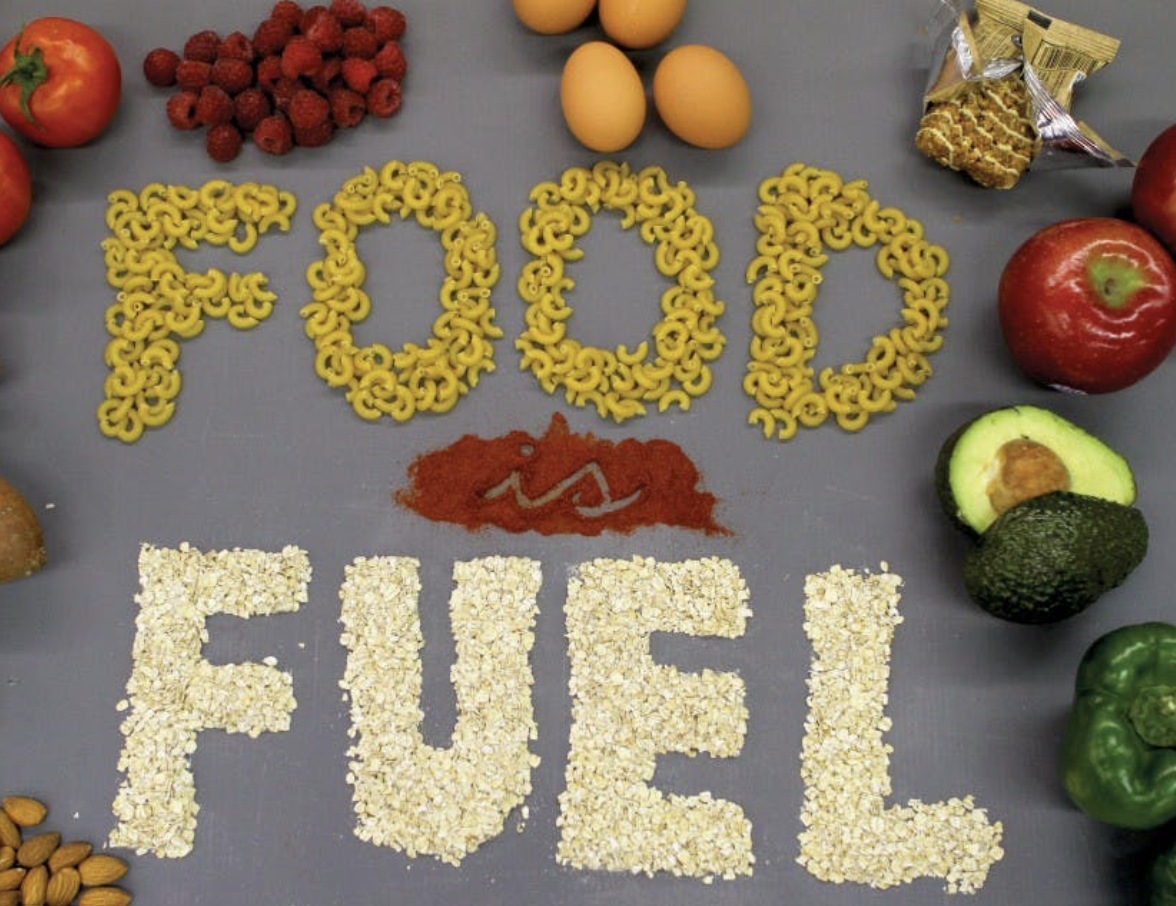
sports nutrition
Eat a Balanced Diet Each Day
To exercise consistently, you need to provide a good supply of high-quality energy to your working muscles. The easiest way to do this is to eat a balanced breakfast and continue eating a variety of high-quality foods throughout the day.
Carbohydrate in the form of glycogen is the fuel that makes exercise possible, so adequate carbs must be eaten each day if you hope to train consistently. Protein and fat also have a place in your diet and should be consumed daily. In general, each meal should contain a varied combination of carbohydrates, protein and fat. Note, the protein and carbohydrates needed for weight training will be different from endurance training with more carbohydrates needed for endurance and protein needed more for weight training.
Several Hours Before You Work Out
The pre-exercise meal will vary depending upon your exercise style. You should plan to have your pre-exercise meal 4-6 hours before you workout. If you workout in the evening, lunch should include easily digestible foods high in complex carbohydrates. Some examples are whole grain pasta, whole grain breads, fruits and vegetables. Select a small amount of lean meat such as chicken or fish, or tofu, and experiment with what works best for you.
If you exercise first thing in the morning, you’ll probably feel best if you eat a light breakfast of fruit with nut butter, or toast with jam and peanut butter. Again, everyone is different, so experiment with what works best for you. Regardless of what you choose to eat, you should drink plenty of water before and during a morning workout.
Should You Run on an Empty Stomach?
30–60 Minutes Before You Work Out
Depending upon the type and duration of workout you do, you’ll want to eat a small snack and drink some water a half hour before you get going. In general aim for 50 grams of carbohydrates with 5 to 10 grams of protein before working out.
Trail mix is great for aerobic workouts over 60 or 90 minutes, but if you are going hard for thirty minutes, you probably only need a half of an energy or granola bar, a large banana, a few graham crackers, fig bars, or pretzels. For a shorter workout, you may not want to eat anything at all, but can get a few calories from the foods mentioned above.
You should also start drinking water 20–30 minutes before your workout so you’ve consumed about 1.5 to 2.5 cups of water in the the hour before your workout.
During Your Workout
Proper hydration during exercise will vary based on your exercise intensity and duration and even the weather. It is recommended to drink about 1.5 to 2 cups of water every 5 to 15 minutes per hour.
If exercising longer than 90 minutes, drink 1.5 to 2 cups of water that includes 6-8% carbohydrate solution every 5 to 15 minutes. It should be about 60 grams per hour. Also, electrolytes need to be replenished with 300-600 mg of sodium, potassium, and magnesium.
If your workout is less than an hour, odds are you don’t need to consume anything extra.
Hydration After Your Workout
After your workout, the general rule is simple: drink enough water to replace water lost through sweat. The best way to determine this is by weighing yourself before and after exercise. For every pound of body weight lost, you’ll need to consume about 3 cups of fluid.
Another way to determine how much liquid to consume is to check the color of your urine. Dark, concentrated urine may indicate dehydration. Your urine should be relatively clear in color. Don’t rely on your thirst cues because it they are less sensitive during exercise than they are at rest.
Eating After Your Workout
Your post-exercise meal should be consumed closest to the time when you’re done exercising. Optimally, this will be within two hours after a long or intense workout in order to replenish glycogen stores. Research shows that ingesting 0.6 – 1.0 grams of carbohydrate per kilogram of bodyweight within 30 minutes, and then again for every 2 hours for 4 to 6 hours after endurance exercise optimized glycogen stores. Similarly, adding 1.2g/kg of bodyweight of carbohydrates every 30 minutes for 3.5 hours had a similar benefit.1
Adding a combination of carbohydrate and protein may enhance recovery and glycogen stores versus carbohydrate intake alone.1 Studies have found that a 4:1 ratio of carbohydrate to protein seems to be the ideal combination of nutrition. And although solid foods can work just as well as a sports drink, a drink may be easier to digest, make it easier to get the right ratio and meet the 2-hour window.
Simple Sports Nutrition Tips for Training and Competition
Updated on December 18, 2020 Medically reviewed by Jonathan Valdez, RDN, CDE, CPT
Learn more or request a demo of our youth sports software that is helping teams improve communication, organization and player development.
April 12, 2022

